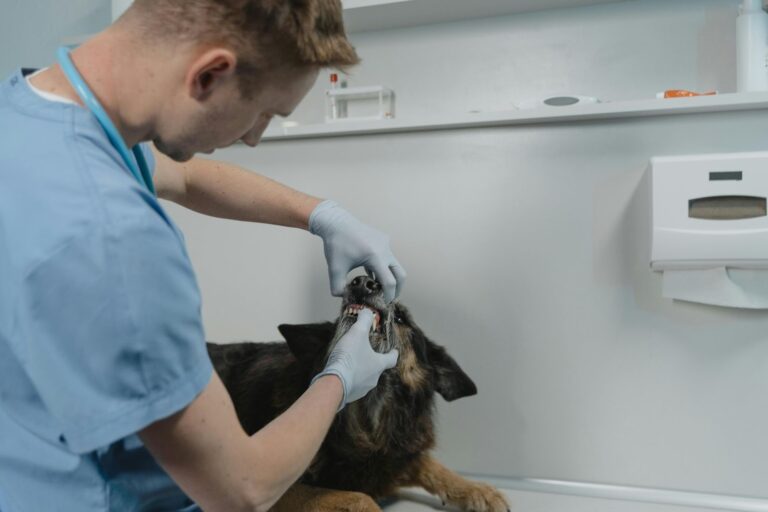Check out our pet related insights
An Ounce of Prevention
We take pride in providing pet owners with essential and seasonal information that should matter to you. Learn more how to care for your pet in every season.
Instructions for the CDC Dog Import Form When Entering the United States Since August 1st, 2024, there are new steps required in order to bring dogs into the United...
Latest Advancements in Protecting Pets from Fleas and Ticks Protecting your pets from fleas and ticks has never been simpler and more efficient thanks to recent...
Simple Tips to Feed Your Pet Healthy Food Giving your pet the right amount of nutrition is equally as crucial as walks and veterinary visits. A balanced meal for pets...
Why Your Pet’s Dental Care is Essential for Their Health and Longevity Pet’s require routine dental treatment to preserve their health and well-being, just like people...
Keeping Your Furry Friends Safe and Comfortable During the Cold Months Winter is here, and with it comes a host of challenges for our furry friends. As temperatures drop...
Preparing Pets for the Changing Weather During Autumn As the leaves begin to change colours and the temperatures start to fall, it is time to start getting pets ready...
Pet Care During the Hot Summer Months As the temperatures rise, and the sun blazes down from the sky, it is important to remember that our furry friends also need...
Dental Care Surgical Procedures Preventive Care Urgent Care Diagnostics Medical Procedures Follow-up Care End-of-Life Care Grooming Lorem ipsum dolor sit amet...







